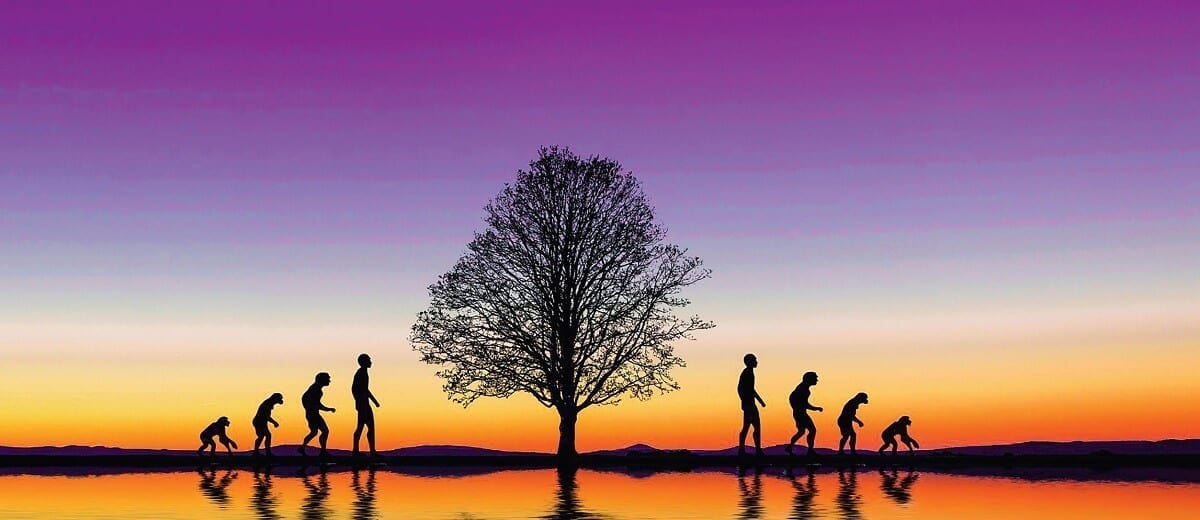“We exist in a bizarre combination of Stone Age emotions, medieval beliefs, and god-like technology.”
Edward O. Wilson
Our instinctive behaviours were adaptive during prehistoric times (they enhanced our ability to survive and reproduce), we see that some of our instinctive emotions (mental health) have become serious impediments and may threaten our very survival. The human instinct is to fit in by being connected to others.
In today’s world, we have evolved an obsession with what others think of us, a craving for social approval and admiration, and a paralysing fear of being disliked. If we look at today’s mental health issues, depression, social anxiety and Obsessive-Compulsive Disorder (OCD) these may be instinctual behaviours from our ancient ancestors, and how they dealt with survival in the world of their times.
Depression
In today’s world, depression can dictate withdrawal from day to day life and these experiencing this disorder are often totally consumed with the traits and behaviours that would result. In a highly structured, oppressed society, there are clear definitions between the leaders and those that serve them.
Stress and fear may have given people the need to separate themselves from the work they were doing in serving the needs of others. Often depression affects motivation, energy, and sleep and in a world filled with violence and uncertainty, our ancestors may have experienced times when there was little to look forward or work towards. This has evolved to the more dominating type of disorder today.
Social Anxiety
This disorder leaves many people fearful of being singled out in a social situation. This may have prevented our ancestors from challenging the leaders of their tribe. The traits of social anxiety would have benefited our ancestors in times when there was a formal hierarchy of social ranking.
Our world today tends to have a less structured social ranking, and the opportunity is there to move up the social rank. Survival instincts may cause challenges when we try to improve our standing, and our instincts may be encouraging us to keep our distance and not challenge those higher ranked, whether socially or in employment situations.
Obsessive-Compulsive Disorder (OCD)
OCD behaviours possibly stem from a mother’s instinctual way of preparing for protecting their young. By maintaining safe and clean surroundings, they are keeping their children as safe as possible. In ancient times there was no knowledge of germs, or the ability to live in conditions we dictate today.
This disorder can be a hindrance to those with severe cases and has evolved to be far removed from the initial drive to provide a safe home for our young. Mental health disorders can take over a person’s life and make them prisoners to the disorder and its behaviours. Examining how these behaviours could have been vital under the living conditions of our ancestors, gives us a better idea of what drives and creates them, and may assist in improving treatment.
Instincts can be good and bad. A good instinct is self-protective, having a feeling someone might be a threat or a new friend may not be very trustworthy. A bad instinct could be an urge to cause harm to others, usually out of hurt or resentment. Human cultural contexts have changed but our brains and bodies have not. We still have the same fears and desires as our ancestors, but now those instincts are out of sync with life conditions. –
Wishing you all good mental wellbeing – Veronica
The evolution of our society is sometimes in conflict with the instinct of the individual.
References:
- http://psychcentral.com/blog/archives/2013/05/22/the-origins-of-anxiety/
- http://www.consumerreports.org/cro/2013/01/beating-the-holiday-blues/index.htm
- http://www.adaa.org/understanding-anxiety/panicdisorder-agoraphobia
